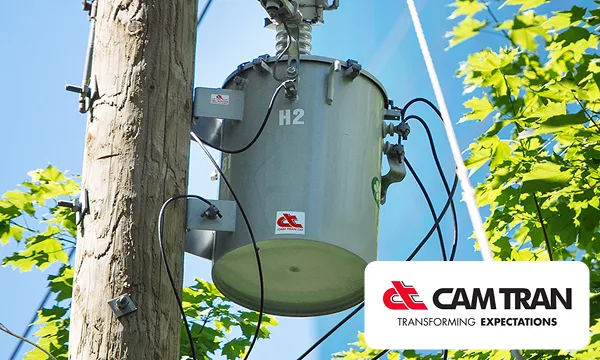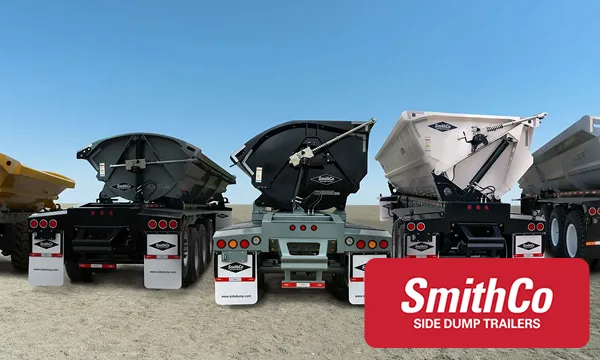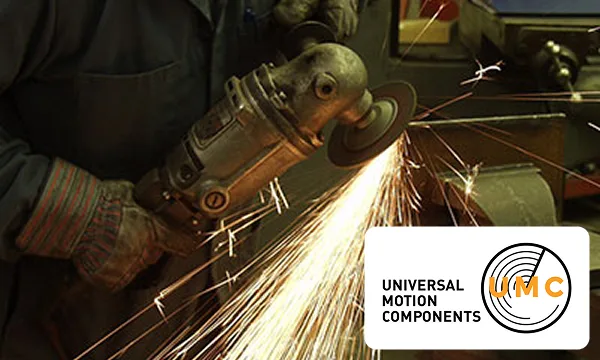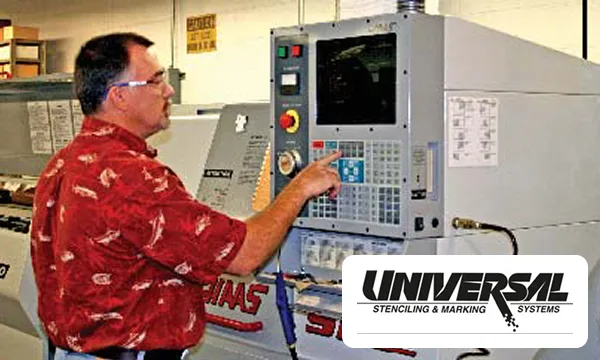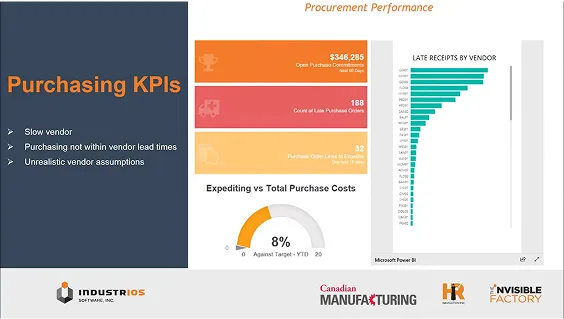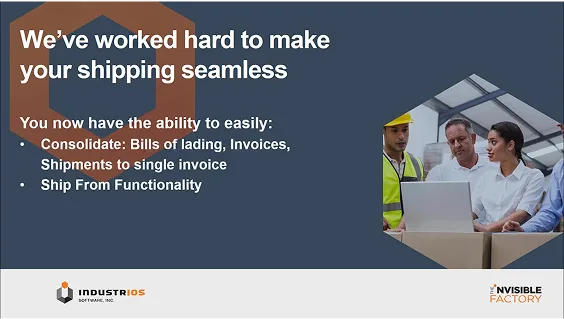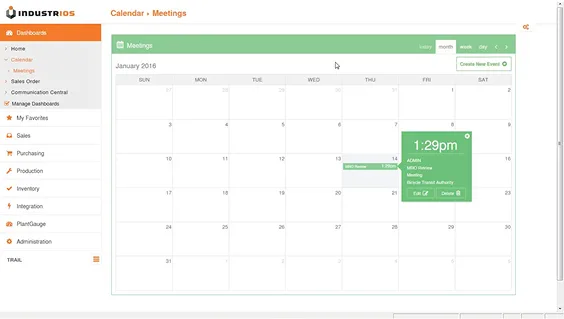ERP Integration: The Secret to a Seamless Customer Portal
Boost efficiency with ERP integration, and enhance your customer experience through real-time data sync and streamlined processes.

Providing customers with a self-service portal is essential for a positive customer experience. A key factor that sets apart transformative customer portals from simple information websites is seamless ERP (Enterprise Resource Planning) integration.
When your customer portal and ERP system operate in harmony, you create a powerful system that delivers accurate, real-time information and eliminates redundant processes.
Let’s explore why ERP integration is a non-negotiable foundation for an effective customer portal and the risks of overlooking this essential connection.
Why ERP Integration is Non-Negotiable
Real-Time Inventory Visibility
Customers are frustrated when they place an order only to discover the item is out of stock. When your customer portal integrates directly with your ERP system, inventory levels update in real-time across both platforms.
This synchronization ensures customers always see accurate stock information before placing orders, which translates to fewer canceled orders, reduced customer service inquiries, and improved customer satisfaction.
Dynamic Pricing Accuracy
Business relationships often involve complex pricing agreements, volume discounts, and customer-specific terms. Without ERP integration, your portal may display generic pricing that doesn’t reflect the unique arrangements you’ve established with individual customers.
By pulling pricing data directly from your ERP system, your portal ensures each customer sees their negotiated rates, applicable discounts, and personalized promotions. This eliminates confusion, reduces billing disputes, and streamlines the purchasing process.
Order Processing Efficiency
The real power of integration becomes evident in order processing workflows. When a customer places an order through an ERP-integrated portal:
- The order is instantly created in your ERP system
- Inventory is automatically allocated
- Production scheduling or fulfillment processes begin immediately
- Customer-specific shipping rules and preferences are applied
- Invoice creation is automated based on established terms
Without this ERP integration, each step requires manual intervention, introducing delays and opportunities for error.
Customer Account Management
Your ERP system already contains comprehensive customer data—payment histories, communication preferences, shipping addresses, and more. An integrated portal leverages this existing information to provide customers with a complete view of their relationship with your business.
This eliminates the need to maintain separate customer databases and ensures that updates made in either system are reflected across your entire business system.
The Risks of Non-Integration
Businesses that implement customer portals without proper ERP integration face challenges that undermine the portal’s effectiveness.
Outdated and Inaccurate Information
Without integration, information must be manually transferred between systems—a process that’s labor-intensive and error-prone. This creates a state of data disconnect where your portal displays outdated information:
- Stock levels that don’t reflect recent orders or replenishments
- Pricing that doesn’t account for recent contract updates
- Order statuses that don’t reflect actual fulfillment progress
Operational Inefficiencies and Duplicate Work
Non-integrated portals create redundant workflows where staff must manually enter data into multiple systems. Order information entered by customers must be re-keyed into the ERP system. Inventory updates in the ERP must be manually reflected in the portal. Customer information changes must be updated in multiple places.
This double-handling wastes employee time and introduces opportunities for discrepancies between systems.
Scalability Limitations
Perhaps most concerning is the scalability ceiling that non-integrated portals inevitably hit. As your business grows, the volume of manual work required to maintain system alignment grows proportionally.
An integrated solution, by contrast, maintains its efficiency regardless of growth. Whether you’re processing 10 orders or 10,000, the automated data flow between your portal and ERP system handles the increased volume without additional resources.
Building a Future-Proof Customer Portal Strategy
As businesses compete on customer experience, your portal strategy must extend beyond immediate needs to consider future requirements.
API-First Integration Approaches
Modern ERP integration should leverage API-based connections rather than rigid, custom-coded interfaces. This approach provides several advantages:
- Flexibility to adapt as both systems evolve
- Resilience against updates or changes to either platform
- Ability to extend functionality without rebuilding the integration
- Support for real-time data exchange rather than batch processing
Preparing for Ecosystem Expansion
Your customer portal won’t exist in isolation. As your business evolves, you’ll likely add additional systems like CRM platforms, marketing automation tools, or advanced analytics solutions. A well-designed ERP integration creates a foundation that simplifies these future connections.
Accommodating Changing Customer Expectations
Customer expectations continue to evolve rapidly. An integrated portal built on a flexible foundation allows you to quickly introduce new capabilities:
- Predictive reordering based on historical patterns
- AI-powered product recommendations
- Advanced analytics dashboards
- Mobile-optimized experiences with push notifications
- IoT integration for automated supply chain management
Without proper ERP integration, adding these features requires more development effort and introduces additional points of potential data disconnect.
The Bottom Line: ERP Integration as Competitive Advantage
Operational efficiency and customer experience are closely linked. Your customer portal represents the digital face of your company, and your ERP system remains its operational backbone. Connecting these systems creates a foundation for sustainable competitive advantage.
The question isn’t whether you can afford to integrate your customer portal with your ERP system—it’s whether you can afford not to in a marketplace where customer expectations and operational efficiency increasingly determine which businesses thrive and which fall behind.
Looking to create a seamlessly integrated customer portal that leverages your existing ERP investment? Contact our team today to discuss your specific integration requirements and explore how our solutions can transform your customer experience while streamlining your operations.



